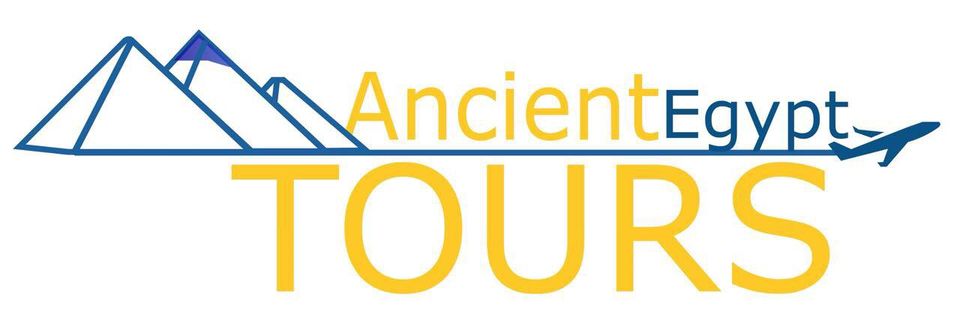Meat in Ancient Egypt
Meat was an important part of the Ancient Egyptian diet. However, due to the hot climate and limited grazing land, meat was not as readily available as it is today. The most common meats were beef, goat, and poultry.
Poultry, such as chickens and ducks, was also in Ancient Egypt. They were often roasted or boiled and were served with vegetables and grains. Fish was also a popular food in Ancient Egypt, as the Nile River provided a steady supply of fish. In addition to these meats, Ancient Egyptians also consumed wild game, such as antelope, gazelle, and wild boar.
In addition to being an important food source, meat was also a symbol of social status and power in Ancient Egypt. Wealthy individuals, including rulers, would often showcase their status by hosting elaborate feasts that included a variety of meats. One of the most famous examples of this is the Feast of the Valley, an annual religious festival during which the pharaoh would lead a procession to the tombs of his ancestors. It was customary for the pharaoh to sacrifice cattle and other animals as part of the festival. The meat was then distributed among the participants.
Interestingly
Ancient Egyptians had strict dietary rules and restrictions related to meat consumption. For example, they believed that certain animals, such as pigs and hippopotamuses, were unclean and therefore not suitable for consumption. They also practiced ritual slaughter and carefully prepared meat to ensure its purity.
Overall, meat played an important role in the Ancient Egyptian diet and culture, and it continues to be an important part of Egyptian cuisine today.




Comment (0)